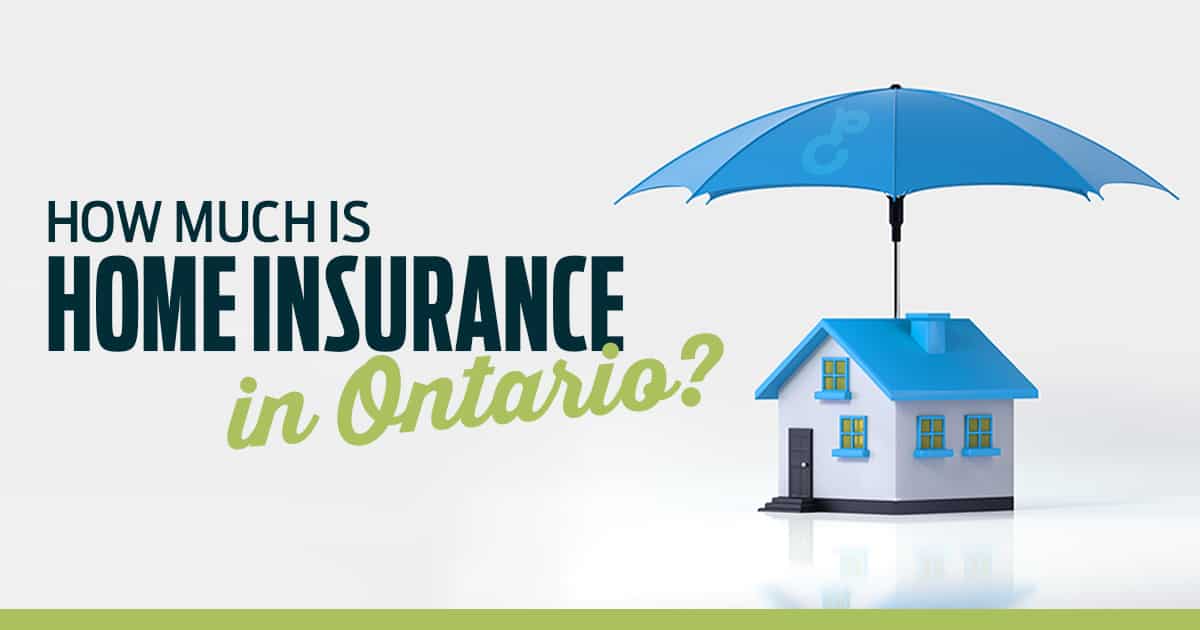
Auto Insurance Terms Made Simple | Excalibur Insurance
July 19, 2021
Share:
Buying auto insurance in Ontario is mandatory, which means you cannot drive a car without it. You may be tempted to buy the cheapest policy to keep things affordable, but that can mean cutting critical coverage. We want you to understand why comprehensive coverage is important, and so we have created this guide to simplify some of the most common terms and phrases you’ll come across in your auto insurance policy.
Common Auto Insurance Terms Defined:
Accident Forgiveness Coverage: You can purchase accident forgiveness coverage cheaply to protect your rates from rising after your first “at-fault accident.” This coverage can save you thousands over a 5-year period.
Actual Cash Value: The market value of your vehicle pre-damage.
Act of God: A natural disaster that could not have been prevented, i.e a flood, wildfire, etc.
Additional Driver: Drivers listed on your policy who drive your car, like your family and friends.
Adjustor: Also known as an advisor, this is an insurance professional who lays out all the facts about your car, arranges an appraisal, and calculates the total cash value of your vehicle and/or settlement based on their professional assessment of the loss.
All Perils: A type of coverage that covers accidents from all causes apart from those specifically stated as excluded in your policy.
Appraisal: A calculation of your property/vehicle made to determine the overall value or how much loss was suffered.
Claim: After an accident, you submit a claim to your insurance representative to be approved so you can be indemnified for the loss. This is also true if you caused injury or property damage to someone else.
Collision Coverage: Pays to repair damage to your vehicle if you roll your vehicle, run into another car or object.
Comprehensive Coverage: Covers the cost of repairs or vehicle replacement if your vehicle is stolen or damaged in an incident that is not collision related. This coverage includes weather related damages such as fallen trees, hail, hitting a deer on the road, water or fire damage.
Compulsory Insurance: Insurance that is mandatory by law where you live, i.e: in Ontario, third party liability is compulsory or mandatory and you cannot operate a vehicle without it.
Depreciation Coverage: Coverage on new vehicles that waives any depreciation (you get what you paid) for a certain period of time should your vehicle be written off.
Dependant: An individual or group of individuals who depend on a caretaker or guardian for financial support.
Deductible: The amount you pay on out of pocket before the insurance company will begin to cover the cost of repairs. For example, if your deducible is $1000 and you get in an accident that costs $7500 to repair. You would pay the first $1000 to the repair shop, and your insurance would cover the remaining $6500.
Excluded Driver: Identifies drivers who are not covered under your insurance policy to drive your vehicle. Typically, insurance companies will exclude a driver to lower your rates because they are high-risk.
Exclusion: A risk or peril that your auto insurance company will not cover. If you have an all-risk policy, these will be explicitly stated on your policy.
Indemnity: An agreement for compensation between two parties (the insured and the insurer) following a loss so that the insured may get back to where they were before the loss. By definition, indemnity ensures that the insured will not receive more than what was lost.
Limit of Liability: The maximum amount of liability an insurance company can be required by law to pay for any one claim.
Multi-Policy Discount: Some insurance companies offer a discount if you have more than one policy with their company.
Multi-Vehicle Discount: Some insurance companies offer a discount for insuring more than one vehicle on the same policy.
No-Fault: A system of insurance where any insurance claims are handled by the party’s own insurance companies, regardless of who caused the accident. You deal with your insurance provider directly. Ontario is an example of a no-fault insurance province.
Liability Card: A motor vehicle liability insurance card (also commonly referred to as a pink card) is a legal document designed to serve as proof of insurance.
Policy Holder: The individual(s) named on the insurance policy.
Policy Term: The period of time your policy is in effect.
Policy Premium: The amount of money you must pay for insurance during your policy term.
Primary Use: The most common usage of your vehicle, whether for pleasure, commuting, or business.
Rental Car Coverage: Coverage that pays for a rental vehicle while yours is being repaired should you have an at-fault collision, or comprehensive claim.
Risk: A potential event or accident where a loss or injury is caused.
Settlement: The payout via your auto insurance provider for an approved claim you have submitted.
Underinsured or Uninsured Motorist: A driver who lacks car insurance or has insufficient coverage. Your coverage will typically include underinsured/uninsured motorist protection, which will pay for your injuries and any sustained by your passengers and repairs for your vehicle.
Vehicle Endorsement: A requested change in your policy, which may include removing or adding a vehicle or additional coverage.
Write-Off: A total loss where the cost to repair your vehicle is higher than the worth of the actual car prior to sustaining damages/loss. If this is the case for you following an accident, you’ll likely receive a settlement based on how much coverage you have.
——————–
Have any additional questions about your Ontario Auto Insurance Policy – or simply looking for a quote?
Call one of our Excalibur Defenders toll free at 1-888-298-7343.
For an instant online quote – that compares your top 10 auto insurance rates – click here.






